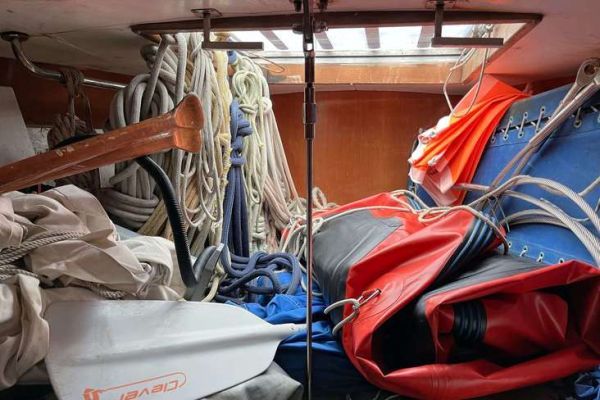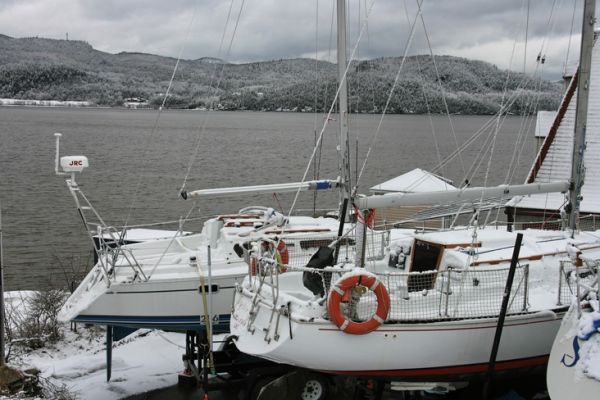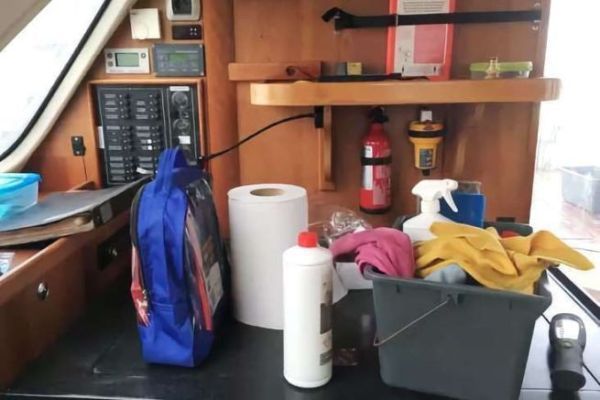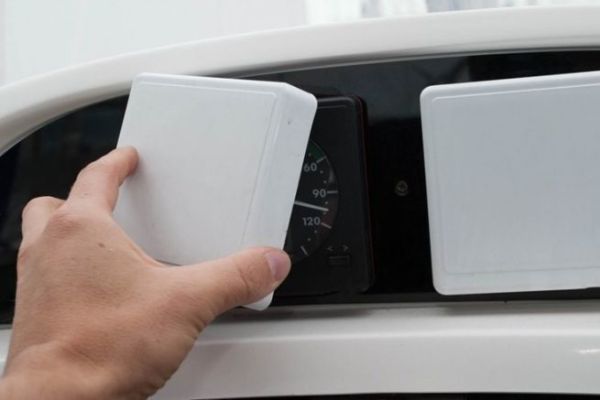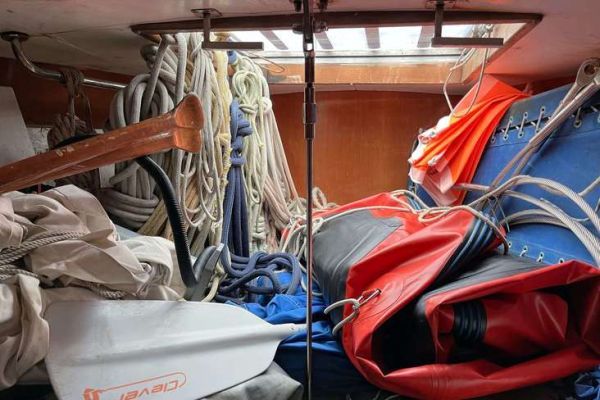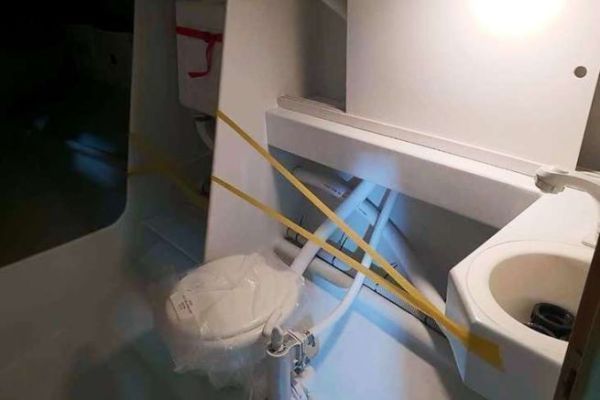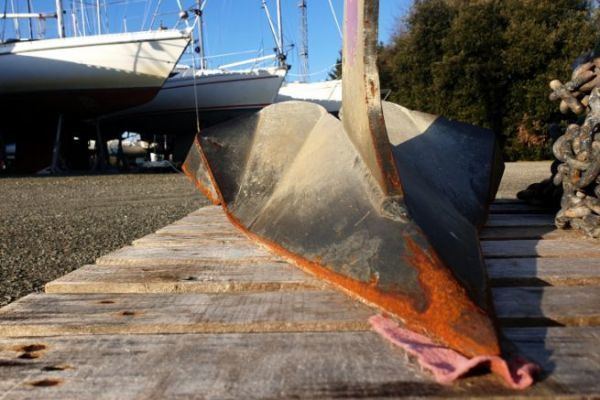Winter storage is a key period for any yachtsman. In addition to preparing your boat for the cold, you need to think about storing your equipment, which is often bulky and sensitive to weather conditions. Tools, sails, safety equipment, technical clothing... protecting them during the cold season is essential to prolong their life. Here's an overview of the best solutions ashore, along with a few tips for optimal winter storage.
There's more to winterizing your boat than just putting it out to dry. Storing equipment ashore is an essential step in preserving equipment and prolonging its life. Whether you opt for a domestic solution, a rented garage or a seaside container, each option has its own advantages and constraints. The important thing is to choose a solution suited to the nature of the equipment and the climatic conditions of the region, while respecting a few simple principles:
- Protecting sails for the best results: roll them up neatly and store them flat in sailcloth bags or breathable covers to prevent wrinkling and mildew. Make sure the room is well ventilated.
- Optimizing small spaces vacuum bags: for seawear, use vacuum bags to protect them from moisture while saving space.
- Winter maintenance storage: take advantage of storage to maintain parts such as life jackets (inflate) and batteries (check and recharge regularly).
- Ensure ventilation in enclosed garages, be sure to leave enough space for air to circulate. Use ventilation blocks or moisture absorbers to prevent condensation.
- Raising the equipment in the event of flooding or dampness on the ground, place pallets under the crates to prevent the equipment from touching the ground directly.
Why unload wintering equipment?
Leaving all your equipment on board during winter storage is rarely recommended. Humidity, lack of ventilation and the risk of mold make this solution unreliable. What's more, in the event of long dry storage, temperature variations can damage certain equipment. Unloading equipment also facilitates boat maintenance and frees up space for repairs. Before unloading, make a complete inventory of what you're leaving and what you're taking off. This will prevent you from forgetting anything when you put your boat back in the water in the spring.
Winter storage at home
For boaters with a lot of space at home (garage, basement), home storage remains a simple option. The major advantage is that you can keep an eye on your equipment and have it ready for any maintenance or winter inspection. However, the question of space arises: between sails, cushions and electronic equipment, such storage can quickly become cumbersome.
Rent a garage or box for the season
Renting a garage or storage unit can be an interesting alternative for winter storage. However, it is crucial to ensure that the location is dry and secure. Long-term storage requires particular attention to humidity and temperature conditions, which can vary from month to month.
Rent a shipping container for winter storage
An increasing number of marine service providers, dealers and dry ports, offer container rental for storing boat equipment close to the coast. This solution is very popular during the wintering period, as it enables you to store all your equipment close to the boat, while protecting it from the elements. Although sturdy, maritime containers do require a few precautions to ensure optimal storage.
Dry port storage in a dedicated box
Some dry ports offer complete solutions for winterizing your boat, including a nearby box for storing equipment. This allows you to keep everything within easy reach for winter maintenance, while avoiding the need to transport heavy equipment. To reduce costs, consider sharing a box with other boaters. This allows you to optimize your budget while maintaining easy access to your equipment.
